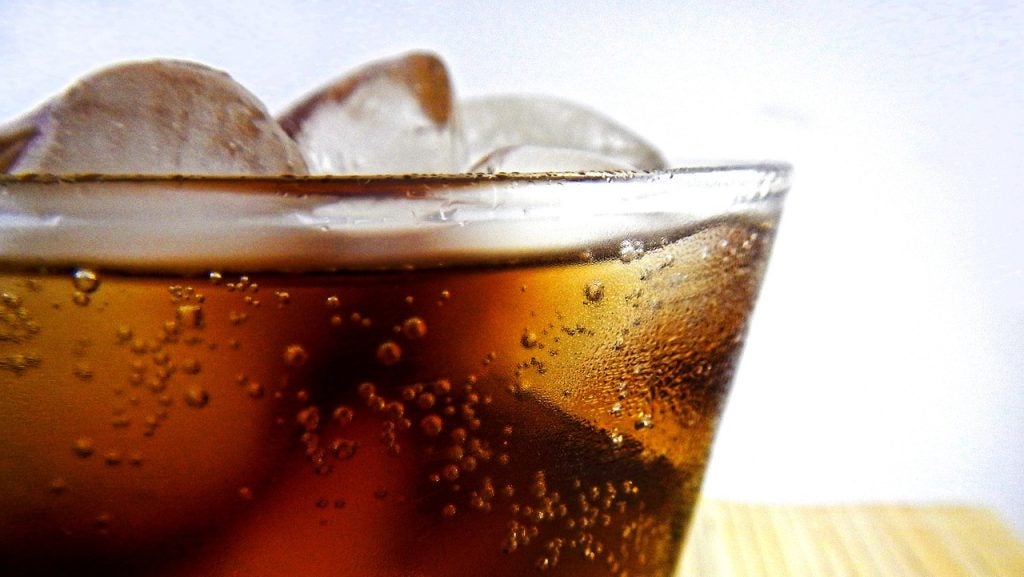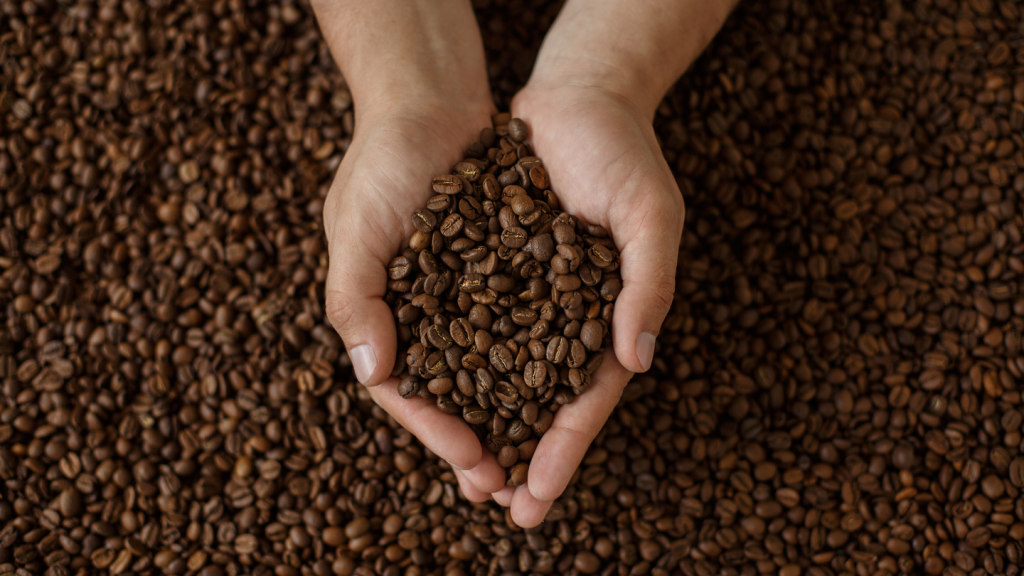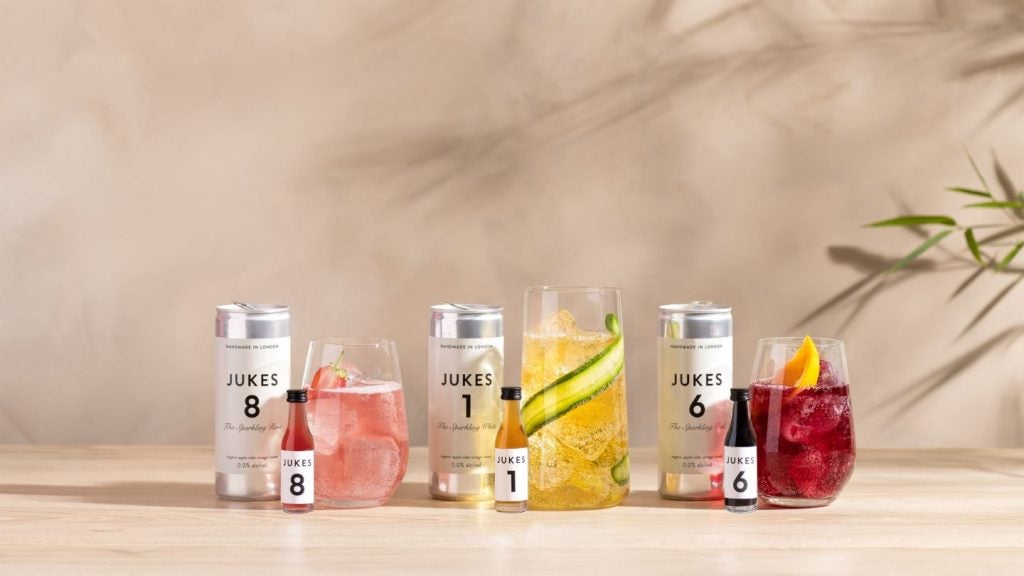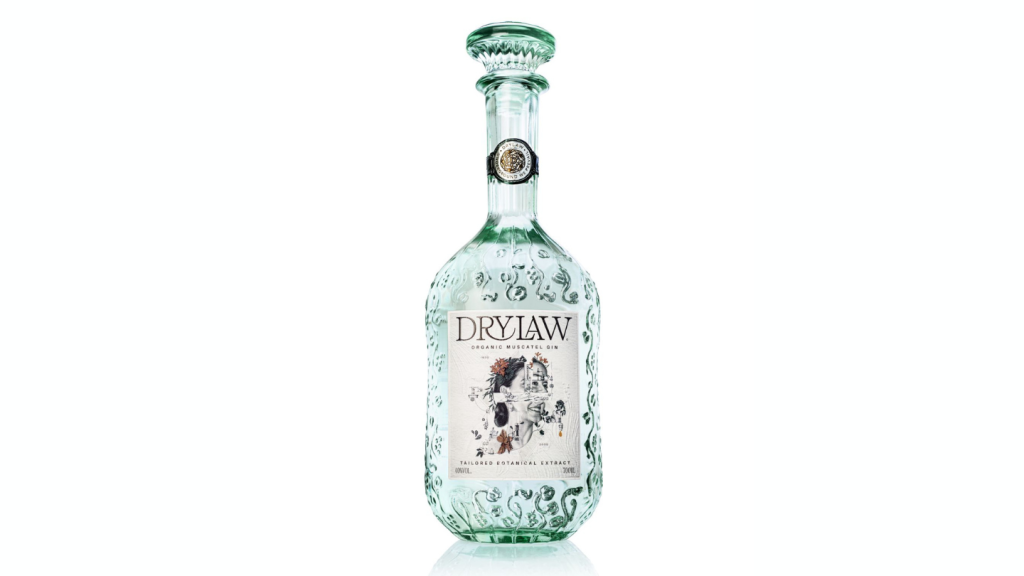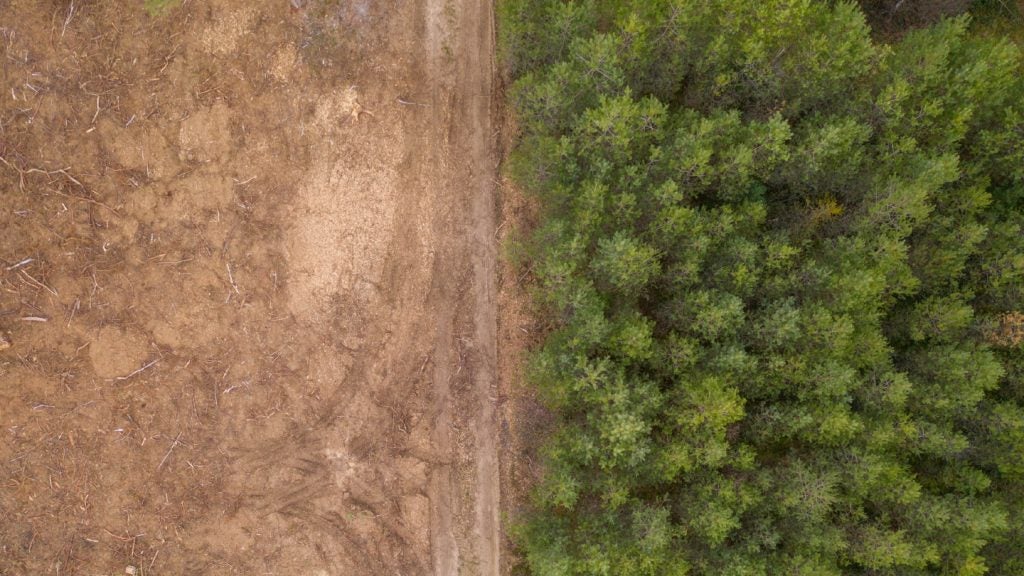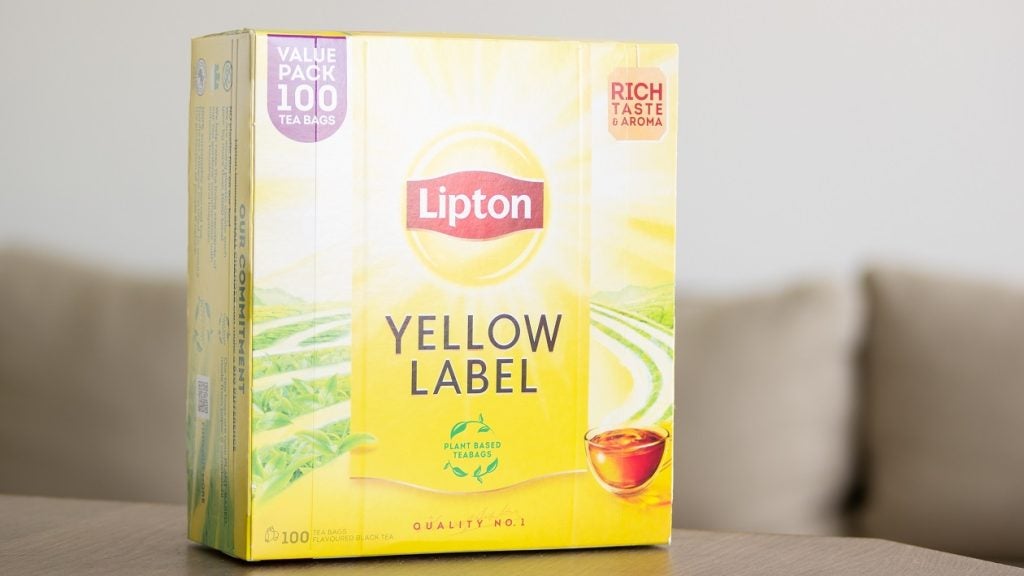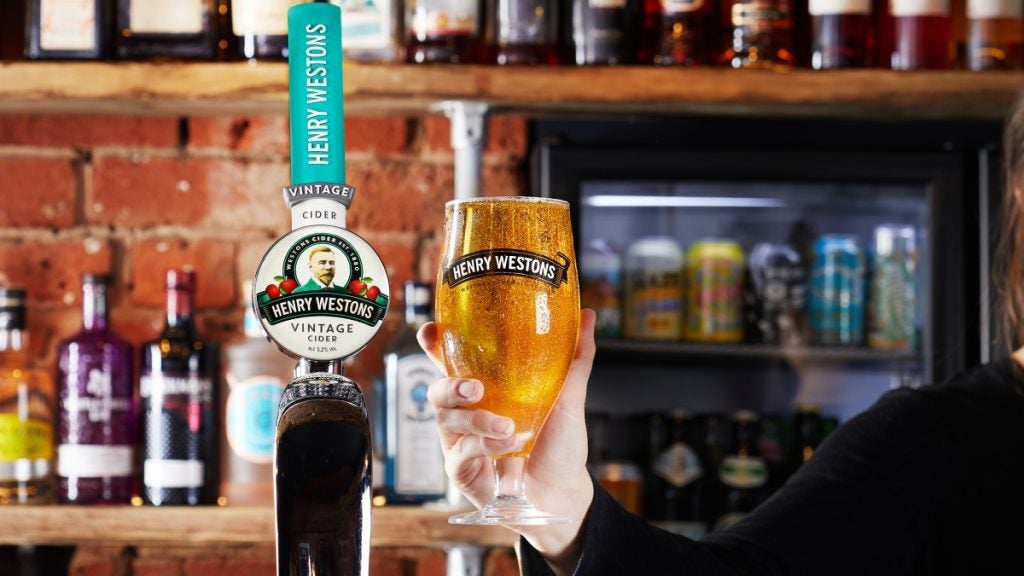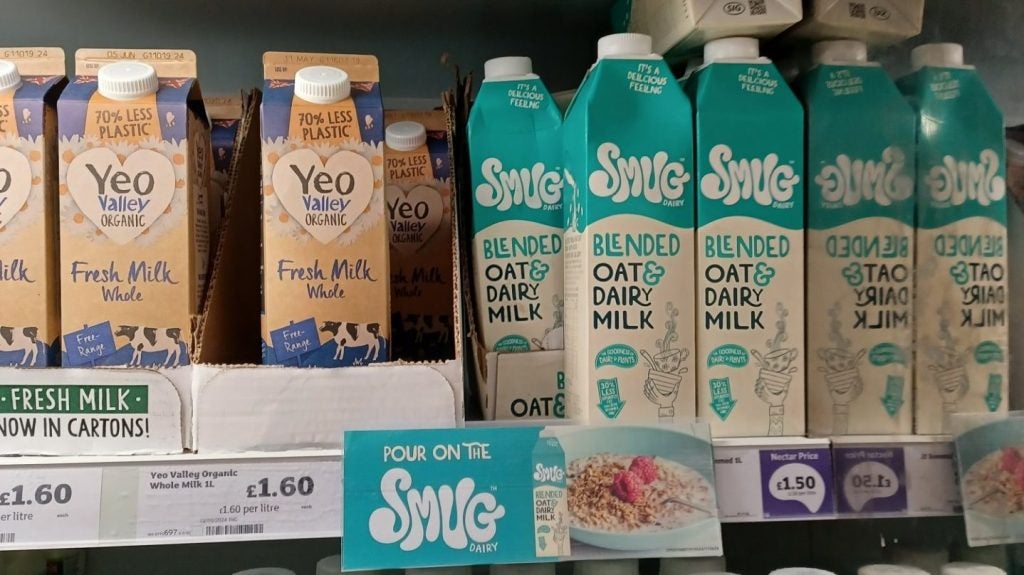Australia should introduce a tax on sugar-sweetened beverages in order to fight diabetes, a parliamentary committee has recommended.
The committee has suggested the Australian government implement a levy “graduated according to the sugar content” on sugar-sweetened beverages to improve health outcomes in the country.
Chaired by MP Dr Mike Freelander, the committee also proposed the government introduce regulations around the marketing and advertising of “unhealthy food” to anyone under 16 years old.
In total, it made 23 recommendations covering areas such as conducting an economic analysis of the cost of diabetes, increased medical support for diabetes patients, expanded subsidies for insulin pumps. It also called for creating “mechanisms for securing supplies of Glucagon-like Peptide-1 (GLP-1) receptor agonists” for disadvantaged and remote communities.
“Obesity in Australia goes hand in hand with our diabetes epidemic and unfortunately, like diabetes, it is the most disadvantaged communities that are suffering the most," Freelander said.
“If we are to reduce the burden of diabetes on the health system, we will require a multipronged approach that focuses on prevention and public health policies across not just health services, but also education, agriculture, construction, social services, communications, transport, and manufacturing.”
Sugar taxation internationally
Last year, the World Health Organization (WHO) called for higher taxes on sweetened beverages and alcoholic drinks to promote “healthier behaviours”.
“Although 108 countries are taxing some sort of sugar-sweetened beverage, globally, on average, the excise tax, a tax designated for a specified consumer product, represents just 6.6% of the price of soda,” the WHO said.
In the US, there is no outright broad sugar tax but some individual cities and jurisdictions have implemented them.
The UK introduced a sugar tax in 2018. It consists of a levy of 18p a litre for drinks with five to eight grams of sugar per 100ml and 24p per litre for those with more than 8g of sugar per 100ml.
In April, The Netherlands’ government laid out five scenarios for revising its taxation of sugar in non-alcoholic beverages, which could include soy-based drinks, water and dairy.
Since 1993, the Netherlands has applied a flat rate of €26.13 ($27.96) per 100 litres to all non-alcoholic drinks, regardless of sugar content.
Italy set out a sugar tax in 2020. It, however, has been delayed seven times and is now due to come into force 1 July 2025.
Russia, Estonia and Slovakia all have sugar taxes in the works.


